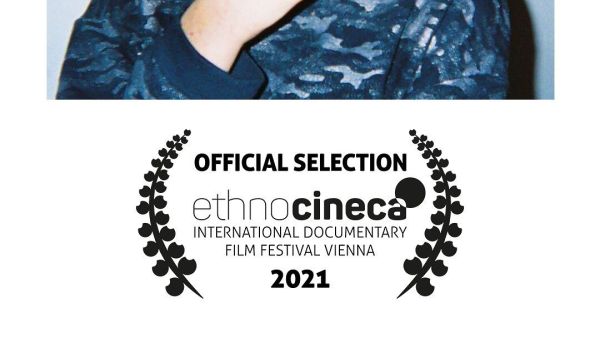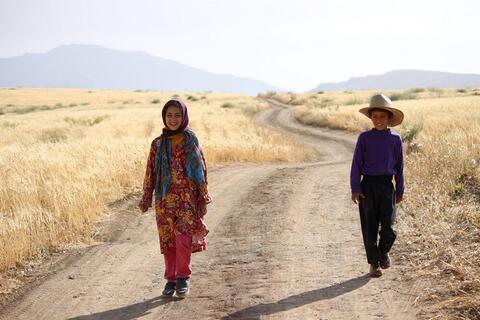Iranian filmmaker Mehdi Zamanpur Kiasari’s “Asak” won the award for best short documentary at the 15th edition of the Vienna Ethnocineca International Documentary Film Festival.
“Asak”, which means a small hand-mill in the local dialect of southern Iran, is about the life of an 80-year-old blind man who lives in that area.
He earns money by making handicrafts and utensils from stone. The documentary’s most remarkable feature is the spiritual divine talent of the old man in interpreting dreams as well as his fascinating ability to climb mountains to collect stones and identifying the right types of stones by simply touching and tasting them.
3 Iranian documentary films including “Sunless Shadows” directed by Mehrdad Oskouei, “Asho” by Jafar Najafi, & “Asak” by Mahdi Zamanpour Kiasari will be screened at the Big Sky Documentary Film Festivalhttps://t.co/ENhUoTi9L7
— ISNA International (@Isna_Int) January 19, 2020
“Asak” had previously received several other awards from numerous festivals, including the International Golden Saffron Documentary Film Festival in Turkey, Arica Nativa Rural Film Festival in Chile, Parnu International Documentary Film Festival in Estonia, Big Sky Documentary Film Festival in the U.S., Golden Tree International Documentary Festival in Germany, and the Belgrade Documentary and Short Film Festival in Serbia.
The Ethnocineca festival, which ran online this year due to the pandemic, announced the winners last Thursday.
The award for best feature documentary was given to “The Rain Never Stops” by Alina Gorlova from Ukraine.
Fejos Fellow Simone Mestroni's documentary AFTER PRAYERS has won Best Documentary at @EtnofilmFest and Excellence in Visual Anthropology at Ethnocineca - International Documentary Film Festival Vienna! https://t.co/WaBA7oohn8 pic.twitter.com/qnIDgmyIRi
— The Wenner-Gren Foundation (@WennerGrenOrg) June 17, 2019
The Excellence in Visual Anthropology Award went to “The Body Won't Close” by Mattijs van de Port from the Netherlands.
“Once Upon a Time in Venezuela” won the award for best Austrian documentary. Directed by Anabel Rodriguez Rios, the film is a co-production from Austria, Venezuela, the UK and Brazil.
#ÉraseUnaVezEnVenezuela en las calles de #Viena a propósito de nuestra participación en el International Documentary Film Festival Vienna (@ETHNOCINECA) esta semana.
— OnceUponaTimeinVenezuela (@OnceVzlafilm) May 11, 2021
La foto es cortesía de Ana María, de @LatinoTVaustria
¡Muchísimas gracias! pic.twitter.com/iQEIE1F9Nx
The Ethnocineca Student Shorts Award went to “Marea” directed by Vania Quevedo. It is a co-production between Mexico and Cuba.
This article has been adapted from its original source.










